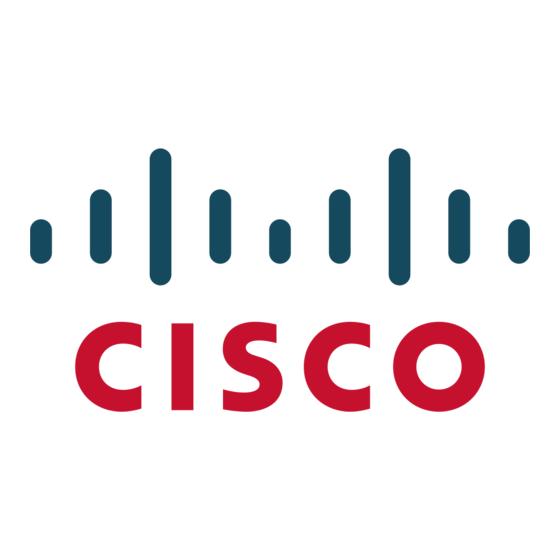Feature
Robust Performance Over
Existing Telephone Wiring
continued
Availability
Superior Redundancy for
Fault Backup
®
Integrated Cisco IOS
Features for Bandwidth
Optimization
All contents are Copyright © 2002 Cisco Systems, Inc. All rights reserved. Important Notices and Privacy Statement.
Benefit
• Reed-Solomon Forward Error Correction and high interleaver protect data payload
and header information in noisy environments.
• LRE Link Persistence allows configuration of delay duration before dynamic MAC
addresses are removed from the MAC address table due to LRE link drops. Enabled by
default.
• Diagnostic Link Monitoring allows customers to track conditions on the LRE link and
take system-defined actions after certain thresholds are reached.
• IEEE 802.1D Spanning-Tree Protocol support for redundant backbone connections and
loop-free networks simplifies network configuration and improves fault tolerance.
• Support for Cisco Spanning-Tree Protocol enhancements such as UplinkFast,
BackboneFast and PortFast technologies ensure quick fail-over recovery enhancing
overall network stability and availability.
• IEEE 802.1w Rapid Spanning-Tree Protocol (RSTP) provides rapid convergence of the
spanning tree independent of spanning-tree timers.
• Support for Cisco's optional, 300-watt redundant AC power system provides a backup
power source for up to four units for improved fault tolerance and network uptime.
• Command switch redundancy enabled in the Cisco Cluster Management Suite (CMS)
Software allows customers to designate a backup command switch that takes over
cluster management functions if the primary command switch fails.
• Provides unidirectional link detection (UDLD) and Aggressive UDLD for detecting and
disabling unidirectional links on fiber-optic interfaces caused by incorrect fiber-optic
wiring or port faults.
• Bandwidth aggregation up to 4 Gbps (2 ports full duplex) through Gigabit
®
EtherChannel
technology and up to 240 Mbps (8 ports full duplex) through Port
Aggregation Protocol (PagP) technology on LRE ports enhances fault tolerance and
offers higher-speed aggregated bandwidth between switches, to routers and
individual servers.
• Per-port broadcast, multicast, and unicast storm control prevents faulty end stations
from degrading overall systems performance.
• Per virtual LAN (VLAN) Spanning Tree Plus (PVST+) allows for Layer 2 load sharing on
redundant links to efficiently utilize the extra capacity inherent in a redundant design.
• IEEE 802.1s Multiple Spanning-Tree Protocol (MSTP) allows a spanning tree instance
per VLAN enabling Layer 2 load sharing on redundant links.
• VLAN Trunking Protocol (VTP) pruning limits bandwidth consumption on VTP trunks
by flooding broadcast traffic only on trunk links required to reach the destination
devices. Dynamic Trunking Protocol (DTP) enables dynamic trunk configuration across
all ports in the switch.
• Internet Group Management Protocol (IGMP) snooping provides for fast client joins
and leaves of multicast streams and limits bandwidth-intensive video traffic to only
the requestors. Multicast VLAN Registration (MVR), IGMP filtering and fast-join and
immediate leave are available as enhancements.
• Multicast VLAN registration (MVR) continuously sends multicast streams in a
multicast VLAN while isolating the streams from subscriber VLANs for bandwidth and
security reasons.
• Supports additional frame formats: Ethernet II (tagged and untagged), 802.3 (SNAP
encapsulated tagged and untagged frames)
Cisco Systems, Inc.
Page 9 of 19

